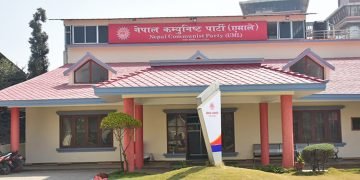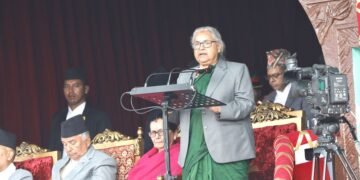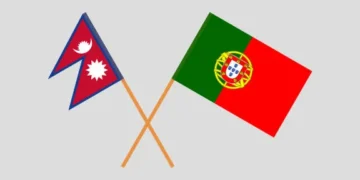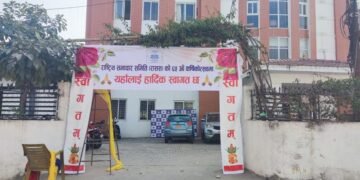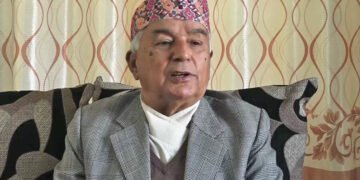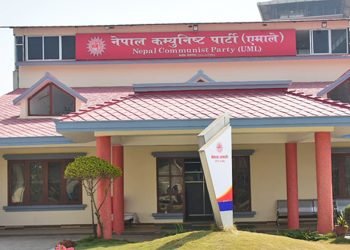Kathmandu – It is believed that China’s Belt and Road Initiative (BRI) is being imposed in Nepal to be dominant in its economy, and for vested interests.
Using the Right to Information Act, Vinay Yadav, President of the National Integration Campaign, demanded to make the public of the BRI agreement. The details of the agreement provided to him by the government have revealed China’s intentions and external strategy. A full reading of the ‘Memorandum of Understanding (MoU) of the BRI agreement between Nepal and China, which was signed 5 years ago, has revealed that many issues have been made hidden by the government of Nepal and China.
In the agreement, both sides mentioned to study about the feasibility of the China-Nepal Free Trade Agreement within 2017 and study the possibility to expand the trade and marketing of the two sides. The agreement between Nepal and Nepal was signed by the then Foreign Secretary Shankardas Bairagi and Chinese Ambassador to Nepal Yu Hong. During that time, CPN Maoist Center President Pushpakamal Dahal was the prime minister of Nepal. The Maoist Center and the Nepali Congress had a joint government. So, by signing the agreement, China, which is the world’s second economic power, is looking to build dominance over Nepal, operate its currency in Nepal and sell its goods and services in Nepal at zero cost.
In the year 2017, BRI is looking to monopolize the Nepal market in the name of ‘promoting cooperation in sectors of mutual benefit. In Nepal, there was a demand to make the agreement public in different areas, but it is being kept secret till now. Due to the secrecy adopted in the agreement, serious questions were raised by various parties. According to the agreement, The BRI includes cooperation in transit traffic, settlement system, traffic network, traffic area network security, and related infrastructure for joint study and expansion of cross-border physical projects including railways, roads, civil aviation, electric transmission lines, information, and communication.
The agreement made in 2017 is automatically renewed after the completion of the first 3 years. However, a single project under the BRI has not been operationalized. Arrangements have been made to renew the agreement by giving three months’ notice to both governments. In the same way, there is a mention that amendments or changes can be made according to the need in the agreement between both parties. Various union organizations and people working in the field of transparency have raised questions about keeping the agreement secret.

